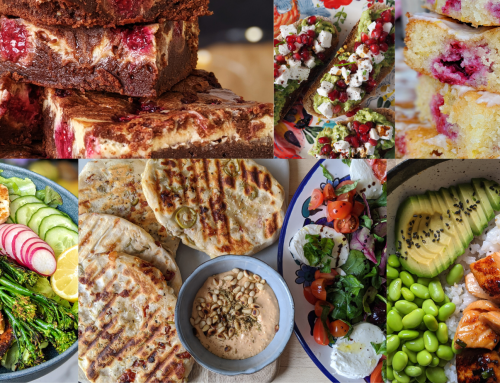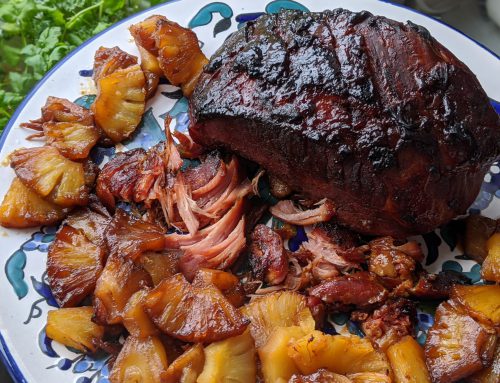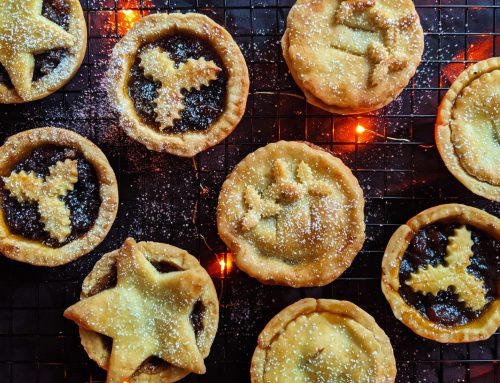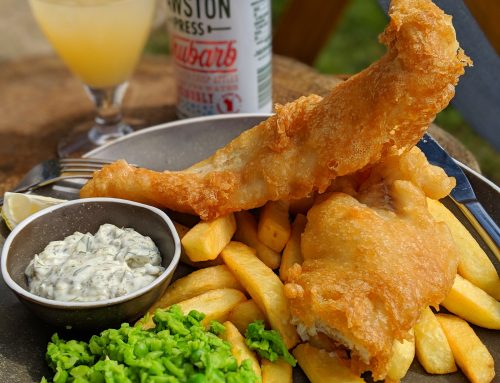Catering for gluten free guests can seem a bit daunting at first, especially if they have coeliac disease. Coeliacs are especially sensitive to gluten and even trace amounts can make a coeliac disease sufferer very poorly. Whether your gluten free guest is coeliac or not, following my top tips to catering for them will be hugely appreciated and will ensure your guest feels safe and welcome.
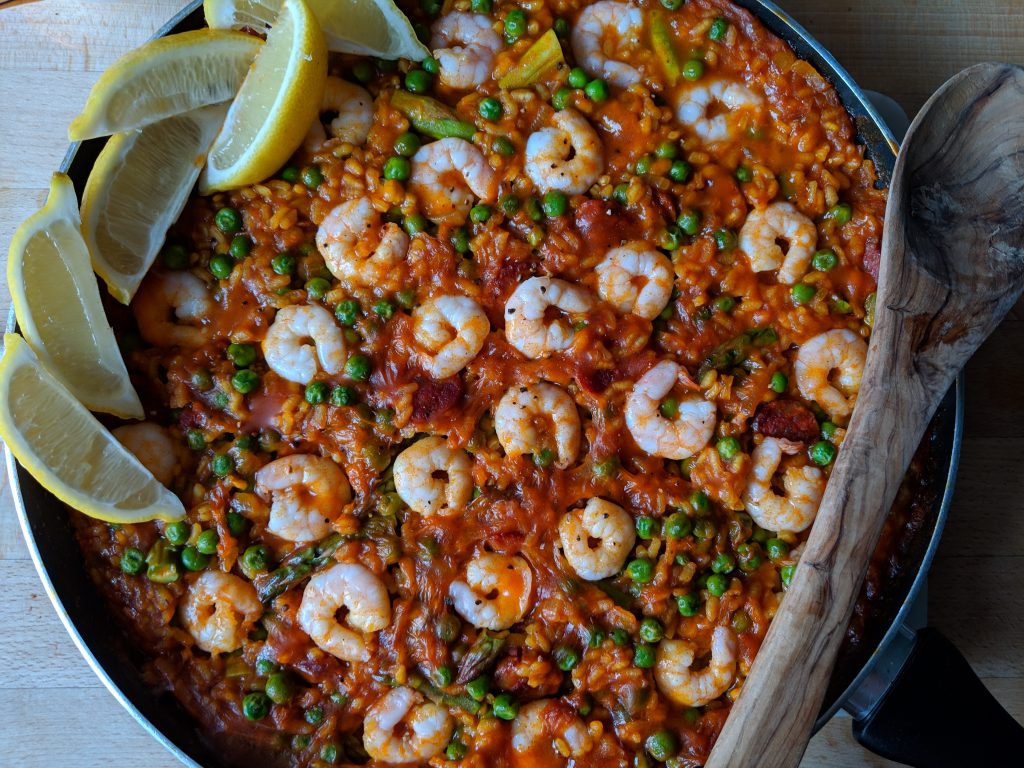
1) Check your ingredients
And by this I mean check the ingredient labels of EVERYTHING you are using for gluten-containing items. Gluten is found in wheat, barley, rye and oats*, so if you see any of these ingredients mentioned then that product is not gluten free (*unless the oats are certified gluten free). Equally, you should avoid using any ingredients with a “may contain wheat/gluten” warning, unless your guest has specifically told you that is okay for them. Also remember that “wheat free” does not equal gluten free.
Some major sources of gluten include: bread, crackers, flour, biscuits, cake, pasta, noodles, museli and breakfast cereals, crumpets, pastry, pastries, pizza, batter and beer.
Sneaky sources of gluten include: soy sauce, some stock cubes, Marmite, worcestershire sauce, gravy mix, barley squash, smarties, Malteasers, liquorice, some cooking chocolate, some herb/spice blends, some sausages and burgers, seitan, malt vinegar, some English mustard, some ketchup, couscous, suet, some baking powders, semolina, taramasalata, brewers yeast, some crisps, dry roasted nuts and some salad dressings.
If in doubt, take a photo of the ingredients label on your phone and send to your guest so they can double check for you and confirm that it is safe to use.

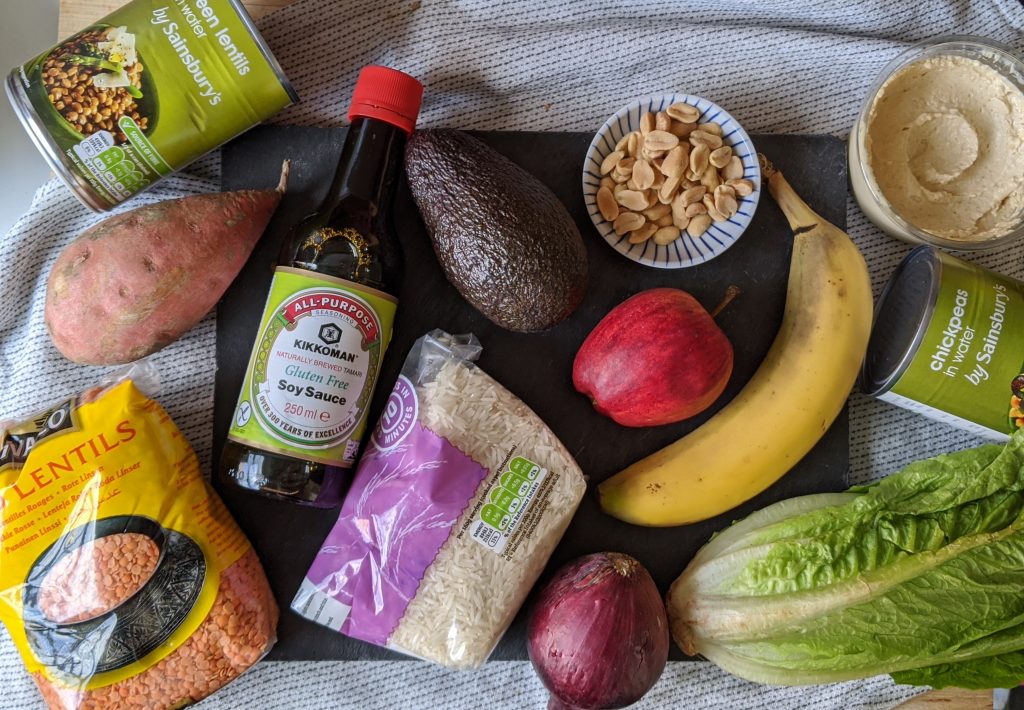
2) Consider Making Naturally Gluten Free Dishes
This will make your life so much easier, simply making one dish that is suitable for everyone. Loads of foods are naturally gluten free and finding a dish that will work for everyone doesn’t necessarily mean making everyone eat special gluten free products. You will find plenty of recipe ideas on this website and here are some specific recommendations from me and others:
- Halloumi and Roasted Vegetable Tray Bake
- Chilli Con Carne (use gluten free stock and check your spices) with rice
- Butternut Squash and Pancetta Risotto
- Veggie Shepherd’s Pie with Sweet Potato Mash (naturally gluten free, just check you are using gluten free stock)
- Red Pepper Tortilla with Lemon Aioli
- Satay Chicken Curry
- Cod and Chorizo Traybake
- Slow Roasted Honey Ham
Naturally gluten free foods include: potatoes, rice, quinoa*, polenta*, lentils*, buckwheat*, beans, nuts and seeds*, all fresh fruit and vegetables, cornflour*, tapioca, teff, sorghum, meat and fish, plain tofu*, milk, butter, cheese*, cream, buttermilk, yoghurt, cooking oils* and tamari.
*double check the labels just in case these have been processed in a way that is not suitable for gluten intolerant people.
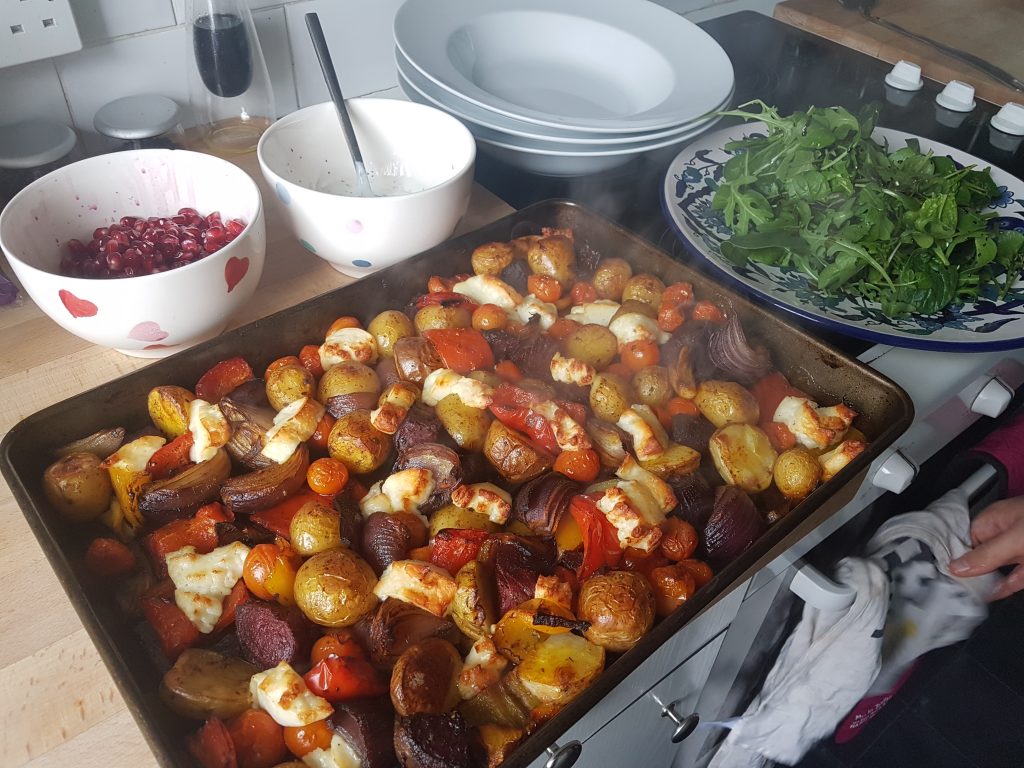
3) Beware Cross Contamination
Cross contamination happens when small trace amounts of gluten come into contact with gluten free food, rendering it no longer gluten free. Preventing cross contamination is your main challenge when cooking for gluten free guests, but it is fairly simple to manage if you go through this check list:
- Wipe down surfaces
- Use clean chopping boards, knives, pots and other utensils (give them an extra wash before use just to ensure you have removed any residual traces of gluten from previous meals)
- Use clean oven trays and use tin foil/greaseproof paper to keep gluten free food safe
- Wash your hands before touching gluten free food (note antibacterial hand wash does not get rid of gluten, you will need to use good old soap and water to wash your hands)
- Use a clean spoon to stir gluten free food while cooking (do not use the same spoon for a panful of gluten pasta and panful of gluten free pasta, for example)
- Place gluten free food on an entirely separate plate or platter, away from gluten-containing food.
- Consider making the gluten free food first, then preparing the gluten meals afterwards – cover the gluten free food with cling film or place in another room while you are making gluteny meals, especially if you are using flour or breadcrumbs.
- Check with your guest if you have any questions :)

4) Take a Trip to the Free From Aisle
Even small supermarkets now have a dedicated free from section, in which nearly all products are gluten free. If you are not sure where to find it ask a staff member in store and they will direct you. There’s a lot of gluten free product choice now in supermarkets so either take a lucky dip and choose whatever you think looks nice or have a quick read of my Top Gluten Free Products guide for my recommendations.

5) Pick Products that are Suitable for Everyone
This one applies especially at Christmas time as you will find lots of party food items that are naturally gluten free and part of the main ranges. Have a read of my Gluten Free Party Food Guide for specific products. Gluten free food is not all cardboard, I promise there are plenty of delicious options available now that no-one will ever guess are gluten free!

6) Steer Clear of the Toaster
Cross contamination central. Heat does not kill gluten (it is a protein, not bacteria) so your toaster will be covered in gluten crumbs. If you are making gluten free toast or crumpets for your guest, either heat in a gluten free toaster bag or grill on a clean oven tray/fresh piece of tin foil.

7) Wash Your Hands
This one sounds simple, but when you are preparing a gluten dish alongside a gluten free one it can be easy to forget. Make sure you wash your hands before touching anything gluten free, just in case you have previously touched gluten-containing food.
8) Make Sure the Dish is 100% Gluten Free
Remember that coeliacs cannot tolerate even small traces of gluten so any dish offered to gluten free guests needs to be completely gluten free. Your guest cannot simply scoop the topping off a cheesecake, this will make them sick. Similarly they cannot eat a turkey if filled with gluten stuffing and cannot have food off a BBQ grill that has had burger buns heated on it. Cross contamination will have occurred in all these examples and you will have a poorly guest on your hands.
9) Remind Other Guests not to Double Dip
Assuming the food you are serving is not all gluten free, be sure to remind other guests to be mindful when serving themselves from gluten free dishes. Place a separate spoon in each dish and ensure people do not double dip. If a spoon from a gluten free dish touches some gluten bread on someone’s plate, it is no longer gluten free. If you have a buffet style set up, try to group all the gluten free items in an area away from gluten-containing items to prevent accidental cross contamination.
Sometimes it might even be easier for gluten free guests to serve themselves first, then everyone else can get stuck in after that. Your gluten free guest will be so grateful to know that you have their back and will feel much more relaxed as a result.

10) Open New Jars and Packets
Be mindful as to whether the ingredients you are using might have already touched gluten. For example, with jars of jam, mustard, mayonaise, blocks of butter, someone might have double dipped their knife or spoon into it and accidentally added gluten crumbs. Use a fresh jar or block for gluten free guests to be on the safe side.
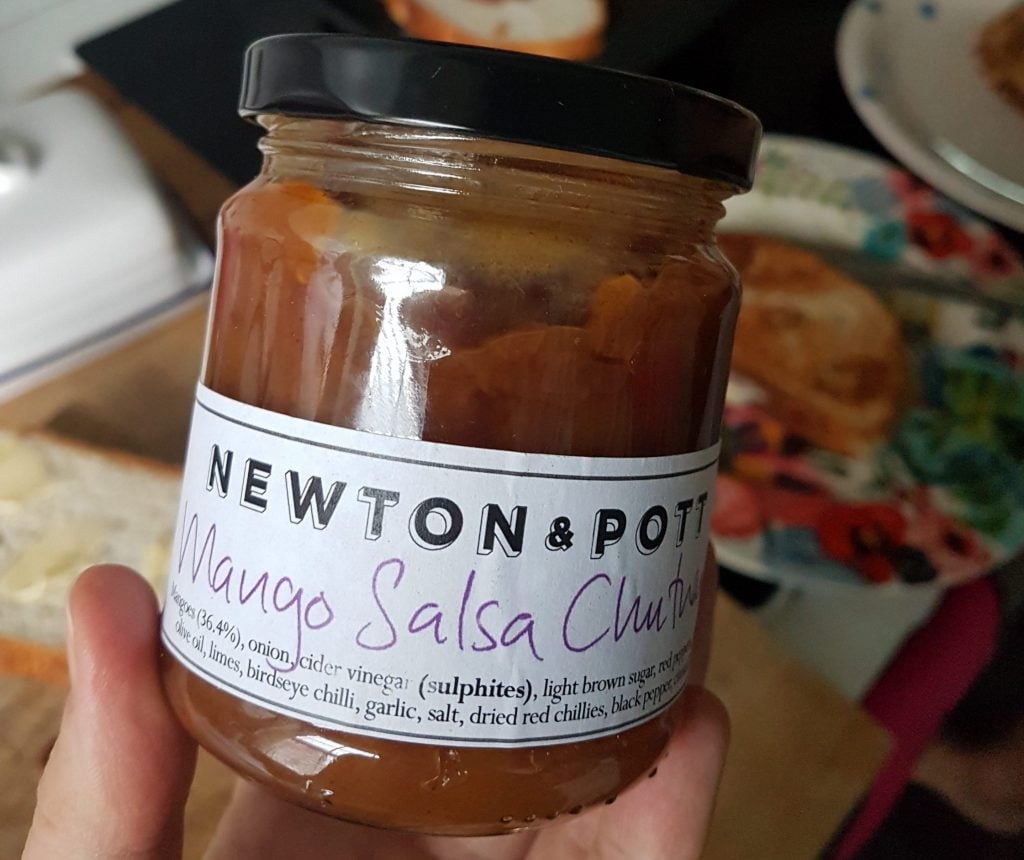
11) Invite Your Guest to Bring Their Own Dish
If this option makes your gluten free guest more comfortable tell them they are of course welcome to bring their own dish or food. They could perhaps handle the dessert or bring some extra gluten free canapes, especially if they have more complicated dietary requirements that you are struggling to cater for.

I hope you have found this guide helpful! If you need any further tips please feel free to contact me via email [email protected] or DM me on Instagram @myglutenfreeguide.
Laura x

